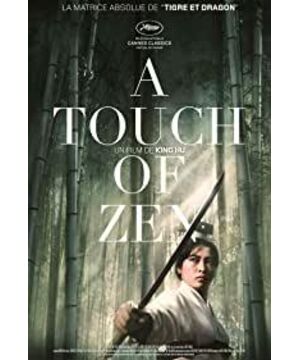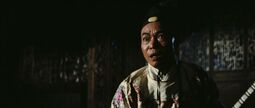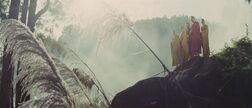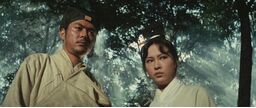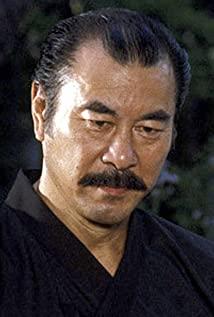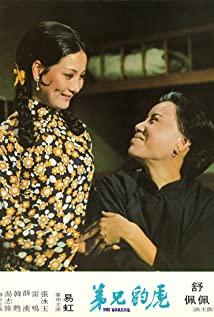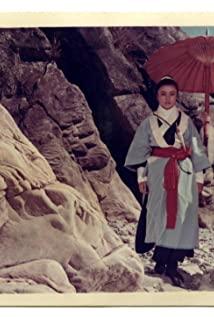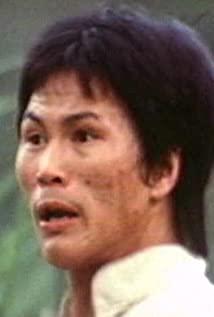The story background of "Chivalrous Girl" is somewhat similar to that of "Dragon Inn". It is a story of knights fighting against the imperial court in the era of Dongchang's dictatorship. In this way, Hu Jinquan has a soft spot for this history. The pioneers of Chinese chivalrous spirit were scholars of the pre-Qin period. The so-called chivalrous rivers and lakes is a society developed outside the imperial court and built on the rules of the rivers and lakes, pleasure and hatred. Taishigong's "Assassin Biography" praised Jing Ke as the hero of the minister, while still saying that he did not meet the legal standards.
Gu Long mentioned that martial arts novels are legendary, and Taishigong's serious biography cannot be mentioned. Only the classical Chinese novels of the Tang Dynasty are closer to martial arts novels. "The Assassin Nie Yinniang" directed by Hou Hsiao-hsien is derived from "Nie Yinniang" by Pei Chen, a legend of the Tang Dynasty. Therefore, what Hou Hsiao-hsien restores is not the martial arts that we are familiar with, but a legendary story that is inseparable from the orthodox society of the imperial court and depicts personal emotions in the context of the great era. In "Nie", personal feelings can be magnified and seen, not an appendage of history. Wang Xiaobo's "Running in the Night" was born out of another Tang Dynasty legend, "The Biography of the Bearded Guest." It is customary in the literary world to call "Three Heroes and Five Righteousness" the first complete martial arts novel in China. Later, the new school Liang Yusheng and Jin Yong carried forward the martial arts. On the basis of his predecessors, he was determined to seek new things and perfected the martial arts we see today.
The running postures of the knights in "Chivalry" are very similar to the Japanese samurai in Akira Kurosawa's "Seven Samurai". After watching it, I feel that the Japanese basically rely on running to fight. American Westerns are somewhat similar to Chinese martial arts. This small society has its own rules. Japanese samurai and European knights are very different, or a set of gameplay in the secular world. Although the development of Chinese martial arts is not as grounded as the Japanese samurai films, its background, its era, and its characters are absolutely irrelevant. The world of martial arts presented by "Chivalrous Girl", although the abbot is such a world-renowned master sweeping the ground, can appreciate the full human touch.
I just started watching the films of Hu Jinquan and Li Hanxiang, the two great kings of Shaw Brothers. Just comparing "Chivalrous Girl" with Li's "Burning the Old Summer Palace", both in terms of technology, scheduling, and conception are a lot higher. I don't know if it is It was not the mainland system that gave "Fire" a strong textbook flavor.
The narrative and flavor of "Chivalrous Girl", the passages where the chivalrous woman appears, and the missing passages, are very similar to a suspenseful ghost movie. The male protagonist observes the strange characters in a town, and it feels like the Hitchcock of the East. The scenes of the movie are very beautiful, there are many beautiful mountains and rivers. However, I feel that the wide-angle end of the picture is a bit strange, and the distortion is particularly obvious when turning the lens to close the scenery. Is it the lens problem or the bottom is too small? There are quite a lot of dark scenes in the film, and there is no trace of photography skills. The fight scenes are very solid, and the sound is very impressive.
"Chivalrous Girl" is a film about ancient people like ancient people. Although there is no grand theme, it is a good film with human feelings and technology.
View more about A Touch of Zen reviews


